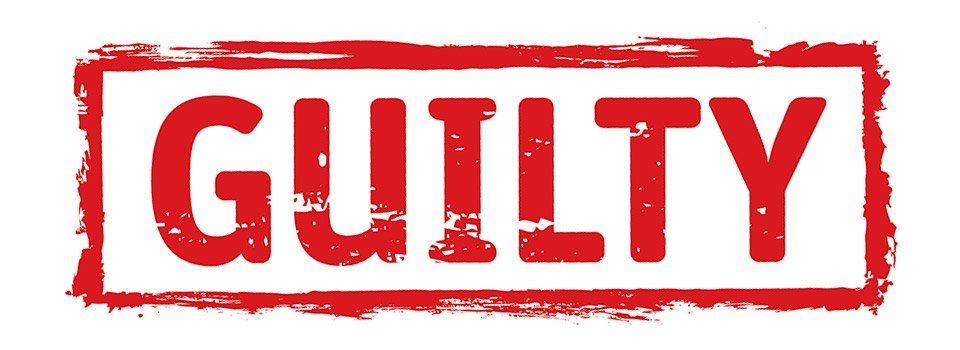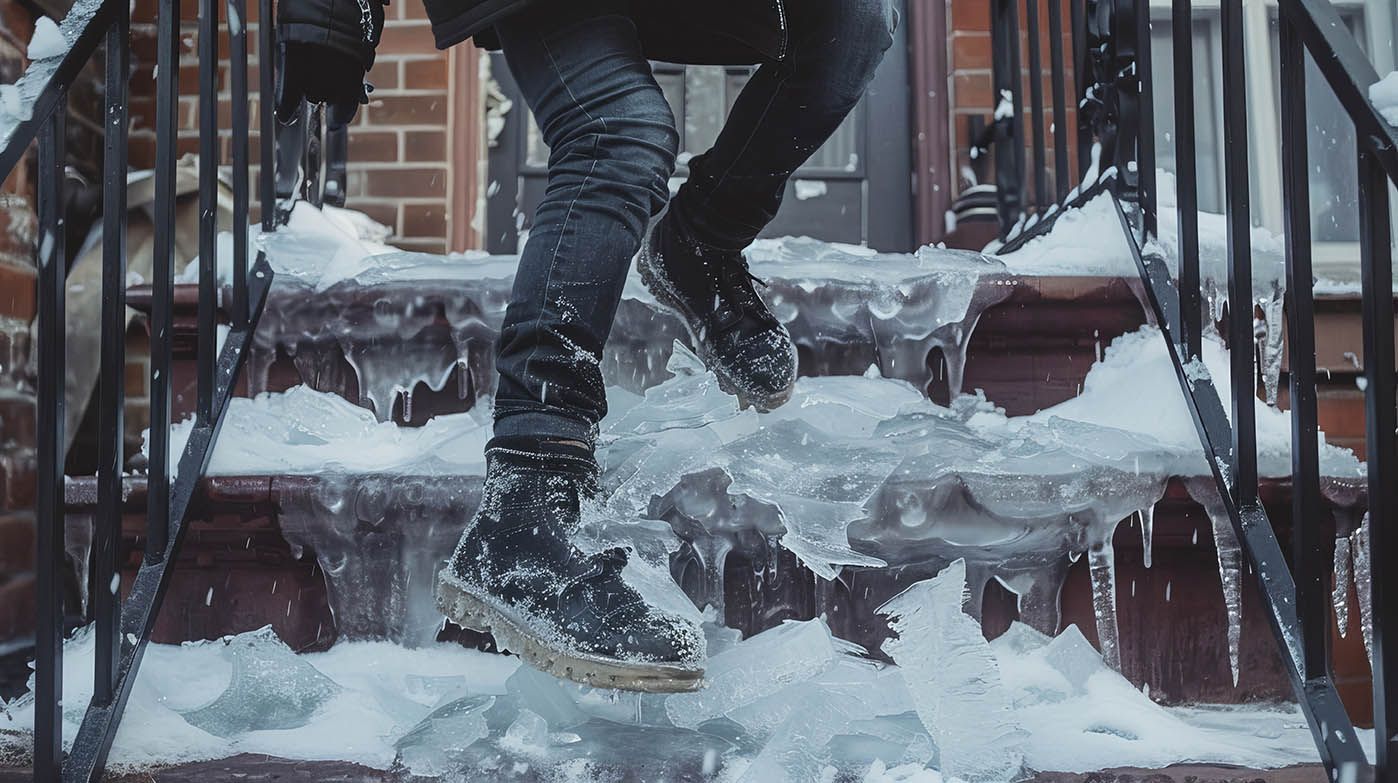BLOG
What Happens If I'm Found Guilty?
What Are My Criminal Defense Options?

At Fitch & Stahle Law, we are successful at obtaining many “not guilty” verdicts from judges and juries, as well as getting many cases dismissed. But there are times when it's best for a client to enter a plea of “no contest” or “guilty” when criminal or personal injury charges are brought against them. As experienced personal injury and criminal defense attorneys, we will do everything in our power to prepare you for the possibility of a “guilty” verdict and educate you on the steps that can be taken to appeal, get a fine or probation.
What Happens If I'm Found Guilty?
If a defendant is found guilty, the judge will determine the penalty or sentence. The court may choose to sentence the defendant right away or the sentencing may be scheduled for a later date. If imprisonment is a possibility, the judge may take into consideration any time already served when determining the final sentence. Additionally, a judge will often request a Pre-Sentence Investigation Report or PSI Report to gather information about the defendant. The report will then be given to the judge a few days prior to sentencing and should contain detailed information on the defendant that has been collected by a probation officer. In the majority of guilty verdicts, a PSI Report is needed to be considered for probation.
Can I Appeal a Guilty Verdict?
Yes. Either side of a criminal case can appeal the verdict if they do not agree with the judge's final decision. Depending on your case and the possible outcome of sentencing, our experienced criminal defense attorneys will advise you on your various appeal options.
Can a Cash Settlement or Payout Help My Case?
Unlike civil lawsuits, criminal cases cannot be settled with a payout. Because the plaintiff in criminal cases is the government and they are not seeking money, a settlement is not possible. However, personal injury lawsuits can be settled with a payout and may be helped by insurance coverage. In fact, even if you are found at fault in a personal injury case, you may still be entitled to receive a percentage of the payout you would normally get from your insurance company.
What Other Steps Can I Take?
By obtaining a drug and alcohol evaluation, you may increase your chances of a fine or probation. If you decide to complete an official drug and alcohol evaluation, the evaluator will ask for information about the underlying case, your history of substance abuse and any prior criminal history. Additionally, character letters can be greatly beneficial for those who are facing a guilty plea or verdict. If you have been convicted of a crime, our experienced and knowledgeable attorneys may recommend asking friends, family and mentors to write letters on your behalf that show you are a good person and the crime you have been convicted of is a deviation from how you usually conduct yourself.
Are you facing a difficult criminal or personal injury lawsuit? If you have been charged with a crime in Iowa or Nebraska, contact our qualified and experienced criminal defense attorneys online today and schedule an initial consultation.


